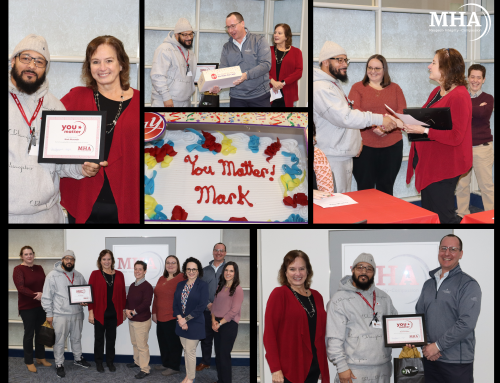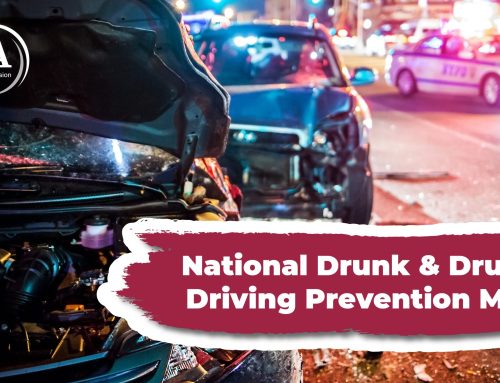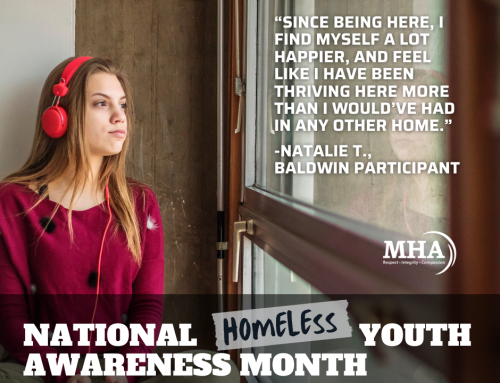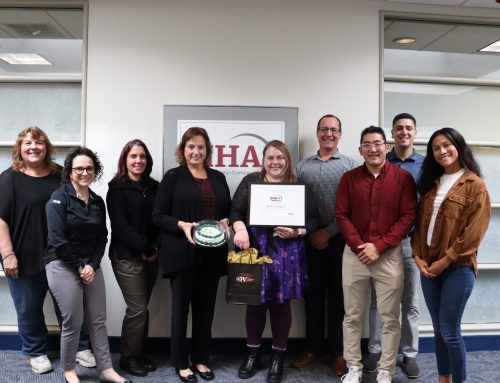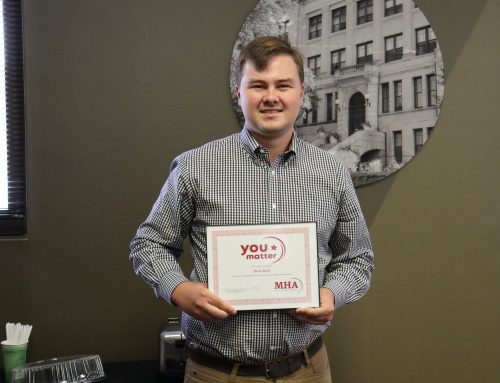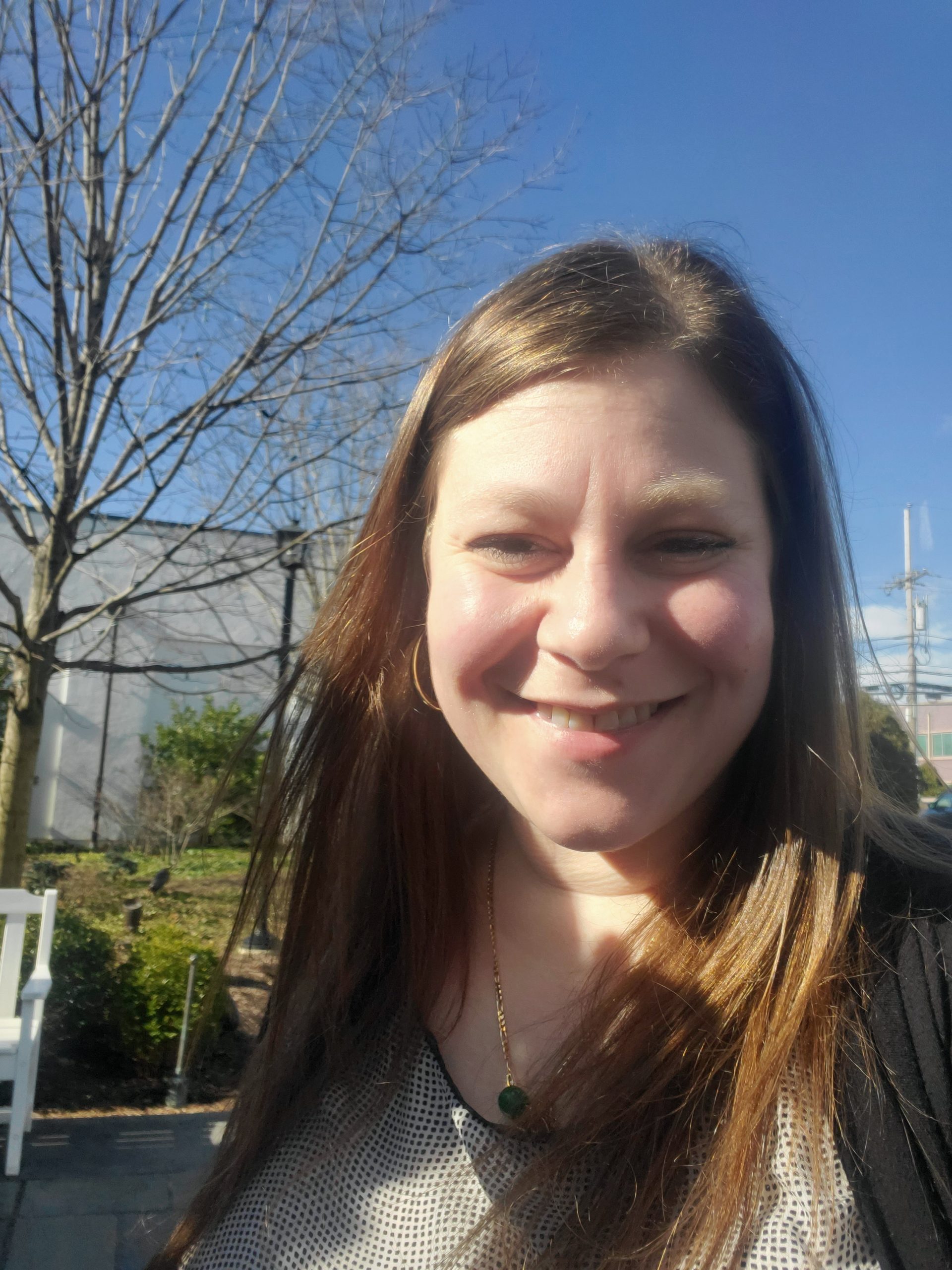
Elizabeth “Beth” Vone is “very passionate” about her position as clinician in MHA’s New Way Division that provides residential and other services to individuals impaired by acquired brain injuries. These are injuries that happen suddenly, such as by a stroke, and often affect someone’s mental abilities, like language, memory and speech, as well as motor skills. Beth, who holds a Master of Science degree in occupational therapy, collaborates with an individual so impaired to help them adapt and function.
“We use the skills a person has, in the moment, to successfully engage them in the steps of a task, or the entire task, with use of environmental modifications, or verbal cues as simple as remembering to breathe,” Beth said. “I also encourage everyone to celebrate even the simplest successes and remind them this is a learn-as-you-go thing, what works today may not work tomorrow, and that is OK because as a part of the MHA care team I will be here to support you no matter what tomorrow brings.”
Recently, Beth and Josh, a New Way resident in his mid-30s, have been collaborating around assistive technology (AT) and its present and future application for him and others similarly impaired.
“The technology continuum is large and can be very useful in creating meaning and purpose in the lives of those we serve as many things can be tailored to their unique interests, needs, and routines as they re-learn life,” Beth said. “Goals, including use of assistive tech, provide the just-right challenge with engaging in, and enhancing, life after a brain injury.”
For example, she said, Josh is currently a “pro at navigating his iPad,” but is also learning an “easy to use communication app called ProLoQuo2Go” that she was introduced to during a five-week training program involving a range of AT devices. A MassHealth Provider Access Improvement Grant to MHA covered training costs and allowed her to explore how a “person’s strengths, limitations, and preferences” could be linked to a specific AT device to complete a desired task safely in a certain environment.
“By evaluating, applying and trialing applications, high or low tech, we were able to help some of our participants become more independent in a chosen area of daily life,” said Beth of the program’s outcome. “It was nice to be able to trial some of the items out with our participants before purchasing, as Josh and I did for the communication app.”
Beth added that the ProLoQuo2Go application on Josh’s iPad offers him the option of a voice over and is “used to help people who cannot speak or need help being understood.”
“Josh has a condition called Dysarthria so he takes a while to get his thoughts out and to answer questions,” Beth said. “Through our work together Josh showed me he is able to type, read, and write out sentences on his cell phone. I then set him up with his profile in the app and we explored using it.”
She added, “With use of this application he will be able to help others understand his wants, needs, and desires, without the taxing effort it takes for him to speak at times.”
“He will also become less frustrated because having a conversation can be a long process for him and it is tiring if he has to repeat himself again if someone does not understand him,” Beth said. “This is not to replace his ability to speak. It is simply to assist him in communicating and engaging with others as he goes about his daily routine. We recently were able to find a mount which can help him to use the device and app more frequently throughout the day.”
Beth called her work with the brain injured and support of those who care for them “very rewarding.” She likes the challenge of the hours spent learning how AT devices work and with whom and to “see what happens” in terms of individual progress and collaboration with that individual, and others on the care team.
She noted AT devices have long been in use at MHA, and that she is always “excited to learn new things through continuing education courses, and daily life which I can use with my participants.”
“We use a variety of things such as call bells, symbols, weighted utensils, timers, lifts for transfers, and iPads, to assist our participants in becoming more independent in daily life tasks such as eating, dressing, bathing and communicating,” Beth said. “At MHA if there is something we find would be beneficial we work together to find resources to trial the item or obtain it for use.”
She said this “can be a range of things technology-wise from an electric toothbrush, talking clocks, to things more specific such as applications for electronic devices to assist with social engagement.”
“The brain can relearn after injury and each person has this opportunity to live a fulfilling life with the assistance of rehab, support, and adaptations to the environment after injury,” Beth said. “It is not easy because something you once enjoyed doing you may not be able to complete any more, or you may have to re-learn to complete the task in a different way. With persistence, patience, and support it definitely is possible. Smiles, gentle reminders and kindness can go along way when working with people with brain injuries.”
